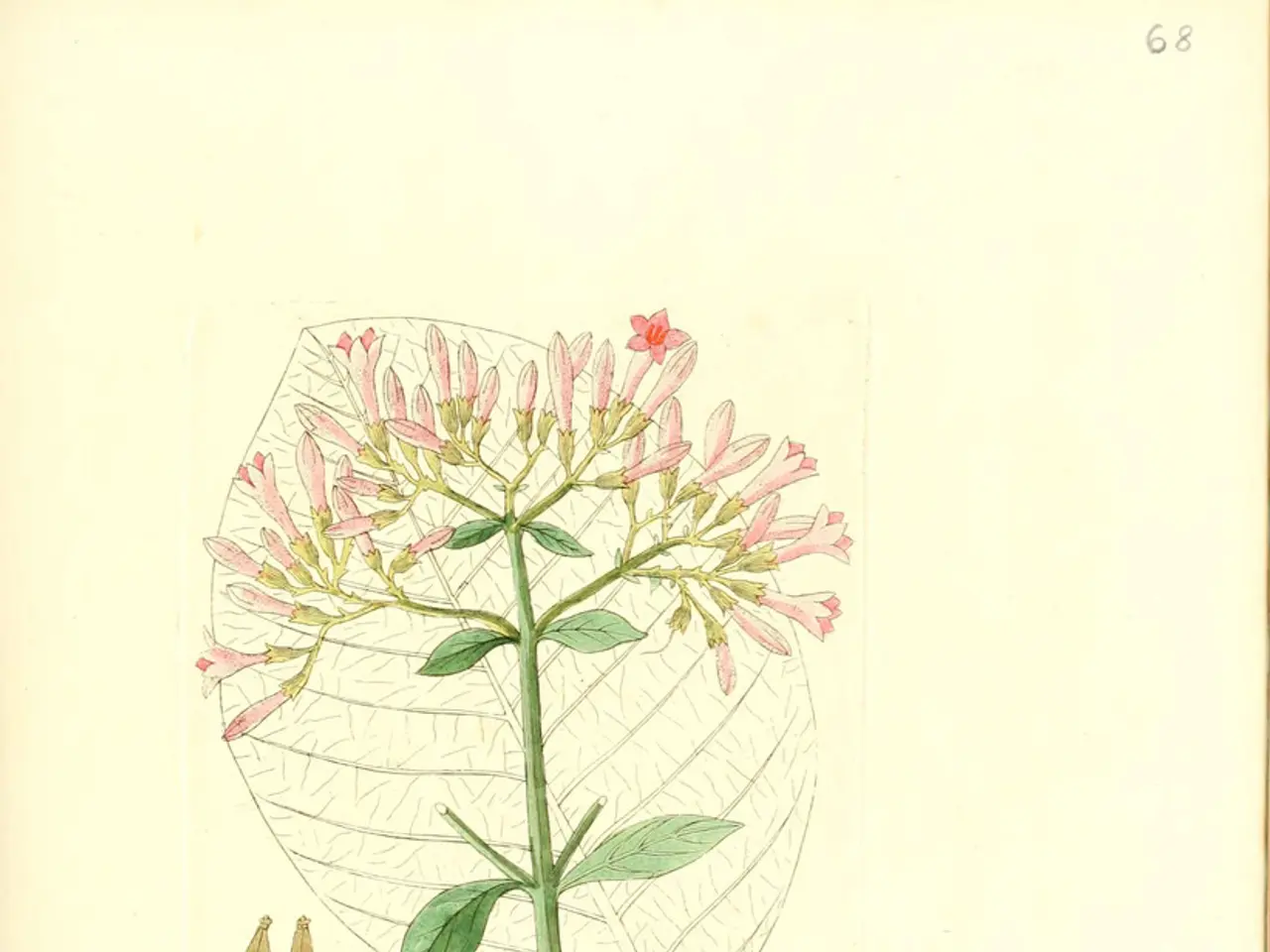Regular consumption of this specific drink heightens the risk of strokes among post-menopausal females.
A recent study has shed light on the potential health risks associated with diet drinks for postmenopausal women, particularly in relation to stroke and cardiovascular diseases. The research, which included over 80,000 women aged 50 to 79, found that the consumption of diet drinks containing artificial sweeteners may increase the risk of stroke and cardiovascular disease.
Artificial sweeteners, commonly found in diet sodas, have been shown to disrupt gut bacteria and lead to insulin resistance, a critical factor that can impair vascular health. This insulin resistance can contribute to increased risks of cardiovascular problems. The study observed that the risk associated with diet soda consumption and adverse cardiovascular outcomes was almost doubled in postmenopausal women.
Postmenopausal women are already at a heightened risk for cardiovascular disease due to hormonal changes leading to factors like increased abdominal fat and insulin resistance. Maintaining a healthy weight and lifestyle is crucial to reducing these risks. However, consumption of diet drinks containing artificial sweeteners may counteract efforts to maintain metabolic health by disrupting insulin sensitivity and promoting vascular issues.
The increased risks identified were all due to the consumption of diet drinks. For instance, women who drink two or more diet drinks per day face a 23% higher stroke risk, a 31% higher risk of ischemic stroke, a 29% higher risk of heart disease, and a 16% higher risk of dying from all causes. The risks were even higher for specific groups, such as black women without heart disease or diabetes, who were 3.93 times more likely to have a stroke caused by a clot.
It is important to note that smoking, lack of exercise, alcohol consumption, unhealthy habits, family history, and ethnicity can also increase stroke risk. To protect cardiovascular health, it is advisable for post-menopausal women to minimize diet soda intake and focus on healthier beverage choices.
Replacing diet drinks with alternatives like sparkling water, kombucha, tea, coconut water, mineral water, or fruit-infused water can be healthier options. Gradual reduction of diet drink consumption can help in breaking the addiction. For some individuals who find it difficult to practice moderation, cutting back on diet drinks completely may be necessary.
The Editor's note mentions that 80% of strokes are preventable, and only 10% of stroke survivors recover almost completely. For more information on the signs, hidden causes, and preventive measures of stroke, readers are directed to an article titled "The Stroke Syndrome: 5 Signs it's Stalking You - Plus the Hidden Causes and Preventive Measures You've Never Heard About!"
In conclusion, the health risks of diet drinks for postmenopausal women regarding stroke and cardiovascular diseases stem from artificial sweeteners leading to insulin resistance and metabolic disturbances, which exacerbate cardiovascular risk factors already elevated after menopause. It is crucial for postmenopausal women to be aware of these risks and make informed choices about their beverage consumption to protect their health.
- While maintaining a healthy weight and lifestyle is essential for postmenopausal women to reduce cardiovascular risks, consuming diet drinks containing artificial sweeteners may counteract these efforts by disrupting insulin sensitivity and promoting vascular issues.
- In the study, it was found that the consumption of diet drinks could increase the risk of stroke and cardiovascular disease, with women who drink two or more diet drinks per day facing a 23% higher stroke risk, a 31% higher risk of ischemic stroke, a 29% higher risk of heart disease, and a 16% higher risk of dying from all causes.
- To protect their health, postmenopausal women are advised to minimize diet soda intake and consider alternative healthier beverage choices such as sparkling water, kombucha, tea, coconut water, mineral water, or fruit-infused water.




